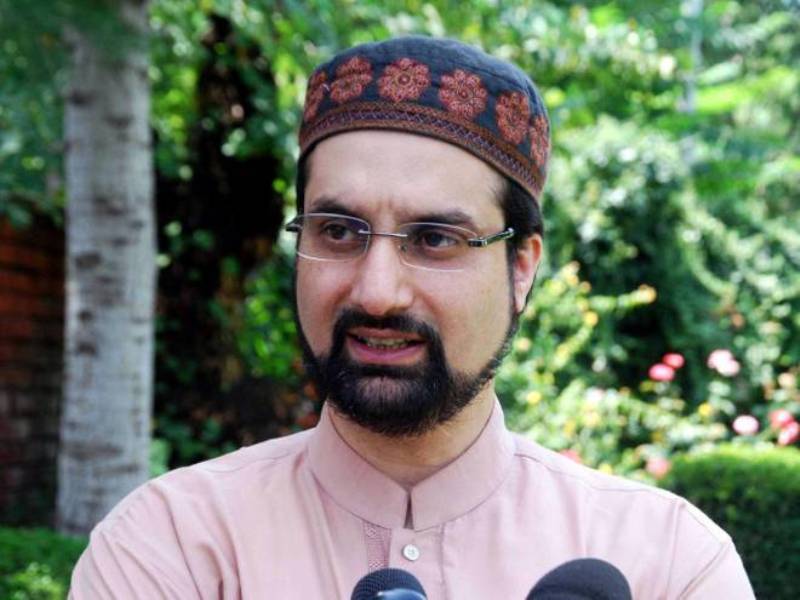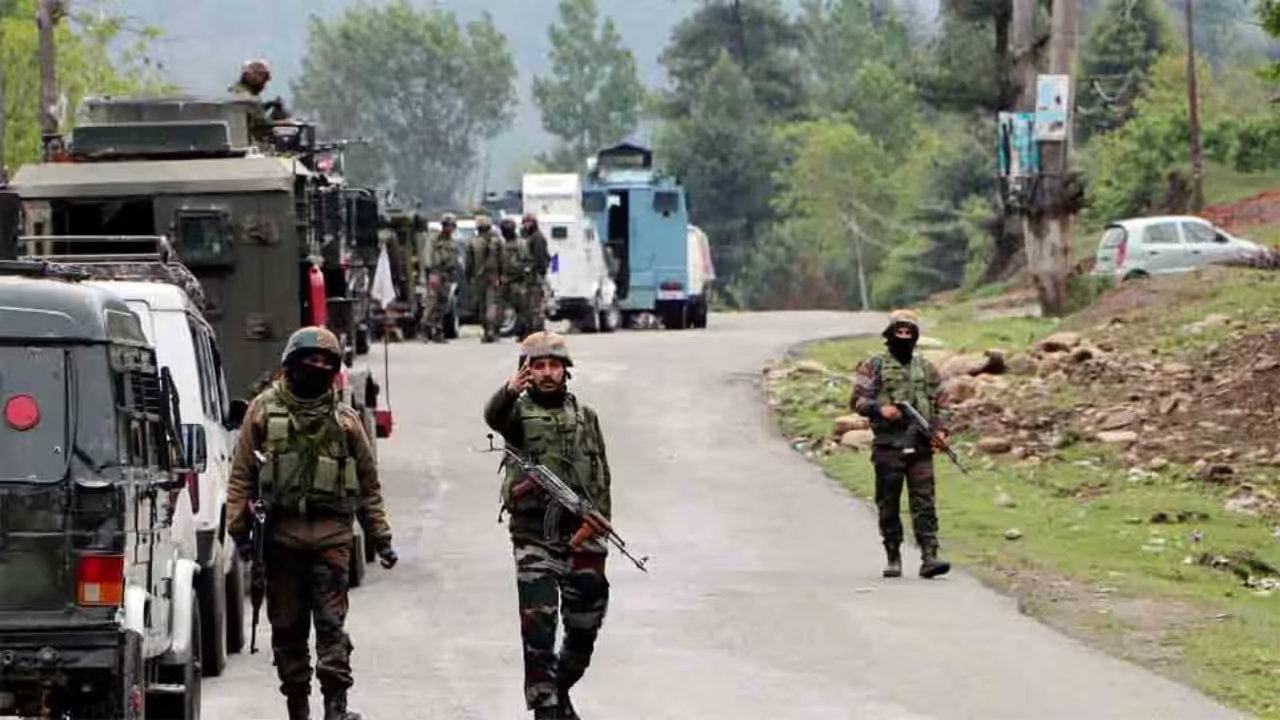In a recent turn of events, the administration has placed the prominent religious leader Mirwaiz Umar Farooq under house arrest and closed the historic Jamia Masjid ahead of Juma-ul-Vida, the last Friday of Ramadan.
The decision, which has sparked controversy and raised concerns among the local populace, comes amidst heightened tensions in the region. Mirwaiz Umar Farooq, a prominent figure in Kashmiri politics and a respected religious leader, has been a vocal advocate for the rights of Kashmiris and has played a significant role in the socio-political landscape of the region.
The closure of the Jamia Masjid, a symbol of religious and cultural heritage in Kashmir, further adds to the unease among the people. The Anjuman Auqaf Jamia Masjid, the mosque’s managing body in Nowhatta, stated that the district magistrate and police officials visited on Friday morning, instructing them to lock the gates as ‘Jumat-ul-Vida prayers would not be permitted.’
This move by the authorities has drawn criticism from various quarters, with many expressing outrage over what they perceive as an infringement on the religious freedoms of the people. The closure of the Jamia Masjid not only deprives the local community of a sacred space for prayers but also raises questions about the extent of government intervention in religious affairs.
Furthermore, the house arrest of Mirwaiz Umar Farooq, a respected religious leader, has raised concerns about the stifling of dissenting voices in the region. Critics argue that such actions undermine democratic principles and erode the rights of individuals to express their opinions freely.
The decision to impose restrictions on religious activities and detain prominent leaders like Mirwaiz Umar Farooq underscores the challenges faced by the people of Kashmir in exercising their fundamental rights. It also highlights the need for a peaceful and inclusive resolution to the long-standing issues plaguing the region.
As the situation continues to unfold, it remains to be seen how the authorities and the local community will navigate these challenges and work towards fostering a climate of trust and mutual respect. In the meantime, the closure of the Jamia Masjid and the house arrest of Mirwaiz Umar Farooq serve as stark reminders of the complexities and tensions that define the socio-political landscape of Kashmir.


